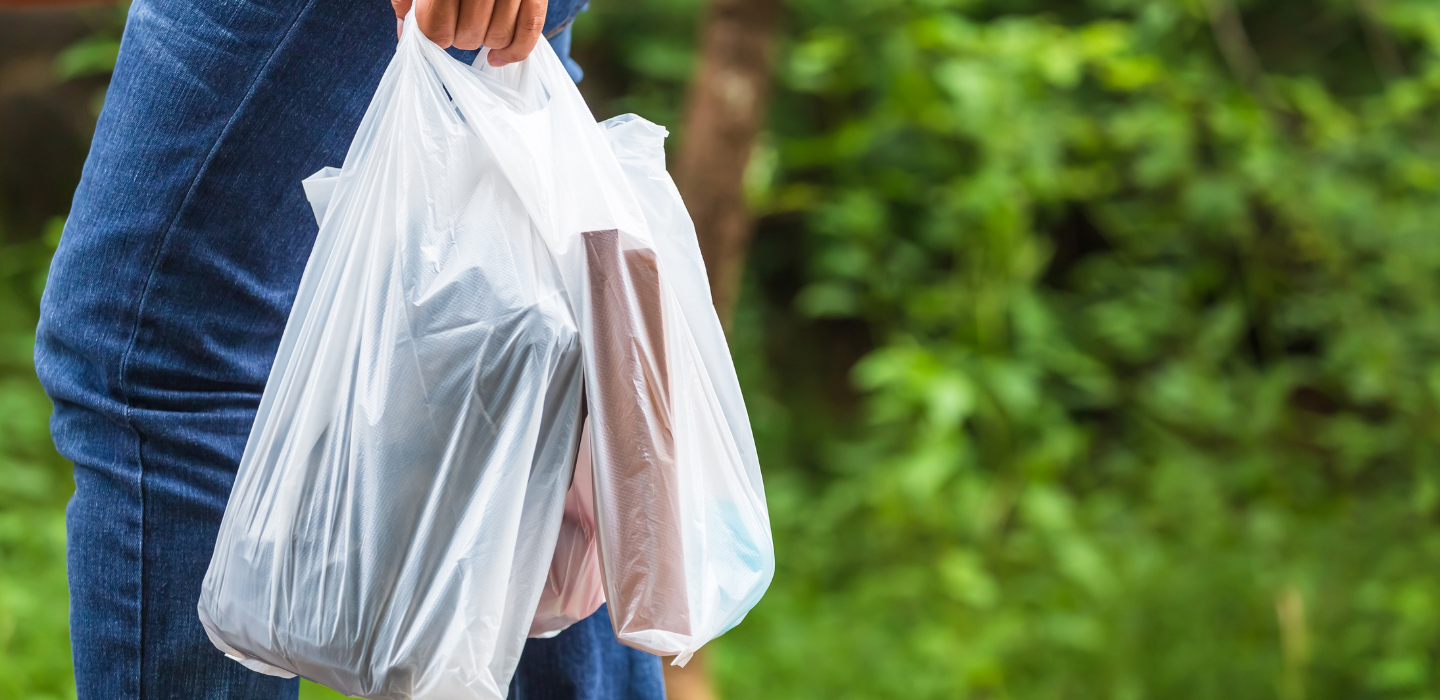Has using plastic bags become more expensive? Come 3 July, residents in Singapore will have to pay at least 5 cents for each disposable carrier bag taken from large supermarket operators. That’s one point scored for environmentalism and minus one for grumbling customers.
Truth be told, charging for plastic bags is long overdue. In 2019, NTUC FairPrice launched a month-long “no plastic bag” pilot at seven outlets. Shoppers had to pay 20 cents per bag, and the pilot grew to involve more outlets and over a longer period. Nearly four years later, a government-mandated plastic bag charge will apply to 400 outlets of various supermarket chains, a number covering two-thirds of all supermarkets here.
It is encouraging that Singapore is taking greener steps at cutting waste. But if going green is the goal, then making plastic bags pricier may not be a strong deterrent for consumers.
I suggested in CNA in 2020 that some consumers may not be price-sensitive, and we are too entrenched in the plastic bag habit to quit. Instead, we could make it “embarrassing” for people to use plastic bags. Much like how the graphic health warning labels of smoking are printed on cigarette packs to deter smokers, we can print images of distressed marine animals trapped in plastic waste to deter users. Certainly, grocery shoppers who do not wish to be seen with those incriminating plastic bags will make a greater effort to bring their own reusable bags.
Nevertheless, the mandatory plastic bag charge is an overdue charge for polluting the environment.
Single use, multiple consequences
We need to go further. The heavy usage of plastic bags is not the only culprit behind unnecessary waste. Single-use items such as food containers and straws are derailers in our Zero Waste Singapore vision, as well as damaging to the environment.
Yet, we have been using more single-use items in recent years. Due to COVID-19, we turned to more online shopping and delivery services, and this behaviour persisted even post-pandemic. While shopping deliveries may occur on an ad-hoc basis, food deliveries and takeaways are more frequent. The packaging involved contributes to greater waste. And, unlike plastic bags, we don’t even reuse a carton box as a thrash holder before discarding it.
When individuals pay for their carbon costs
Even as these deliveries and takeaways entail extra charges, the carbon cost incurred may not be fully covered.
Hence, we should look at nudging people away from food and shopping delivery. While users enjoy savings from petrol and time when they order delivery, they should also pay for the carbon incurred.
The government has been discussing raising the carbon price from $5 to $80 per tonne of emissions for the top polluters—this is a top-down approach at the policy and firm level. From the ground up, individual consumers need to change their behaviour to make an impact too.
We can design and implement a carbon score for individuals. Since our digital wallets record many electronic payments relating to food, shopping, utilities and transport, it will be feasible to tabulate the carbon score based on these records. Our way of life—how much water and electricity we consume, the transport mode, and whether we buy homegrown or imported food—will have a tangible carbon score.
With this, we can steer individual behaviour with financial incentives. Just like how individuals gain access to varying amounts of loans based on their credit scores, they can also gain different rewards based on their computed carbon scores.
Besides taxing, think of rewarding
Going green need not be all about penalties. They can be about rewards. For example, if you bring your container for food takeaways, the stall owner can offer a 50-cent discount. Merchants such as Starbucks and The Coffee Bean & Tea Leaf are already offering discounts to customers who bring their own tumblers. More merchants can adopt this policy.
Firms can also acknowledge their regular customers who go green. It can be a simple photo with the customer and amplified on social media. The action encourages the right behaviour and puts in place the peer effect, which can influence other customers to go green too.
On the plastic bag charge, while it is an encouraging mitigating step, plastic bag is only one of many categories of products that contributes to waste. Even if we extend it to plastic containers or another delivery packaging, we are still targeting one product at a time.
We need to change people’s behaviour more systematically. Rolling out a carbon score for individuals will encourage them to adopt greener habits in more aspects of their lives. And greener habits will lead to many benefits both for individuals and for society.
Life is larger than the convenience of plastic bags. We have started a green initiative, and let us do more.
The article is an edited version of the first one published in CNA.





